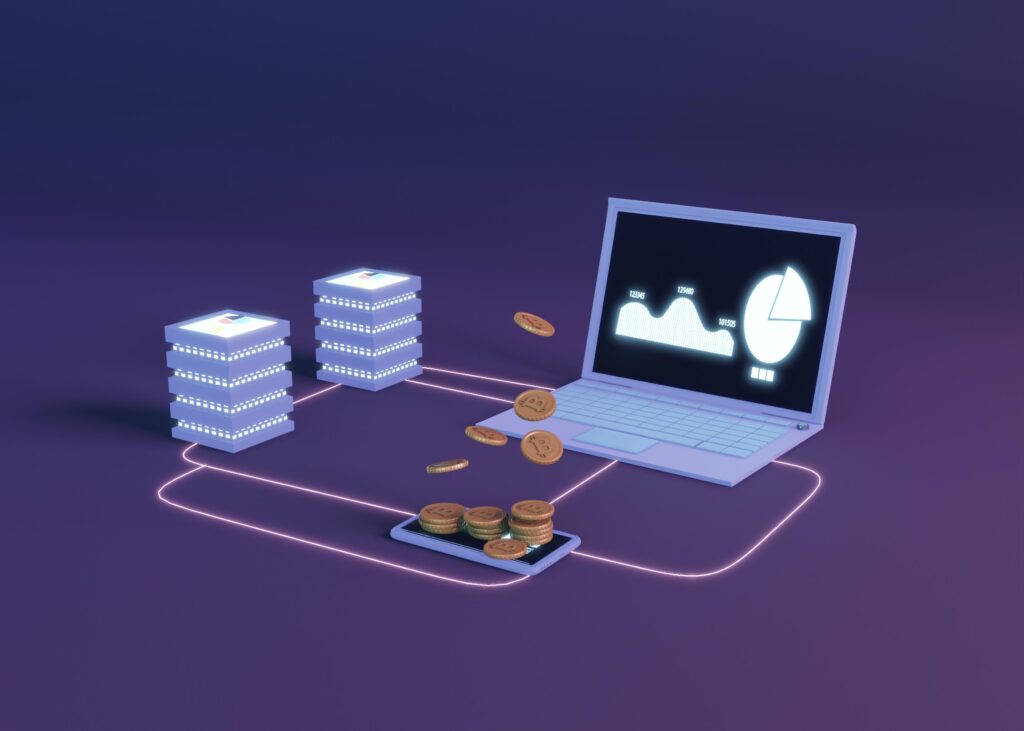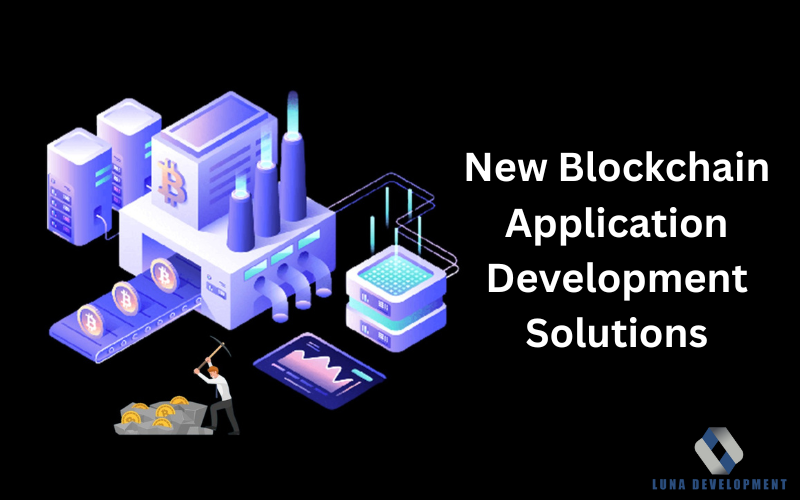Introduction:
Blockchain application development focuses on tackling the unique properties of blockchain to build solutions that address a wide range of challenges across various industries. This technology enables the creation of riskless, tamper-proof records of transactions, data exchanges, and communications, without the need for intermediaries.
As a result, blockchain has the ability to reshape traditional processes, enhance efficiency, and foster trust in digital interactions.
The Financial Sector: Transforming Transactions:
One of the notable applications of blockchain application development is in the financial sector. Cryptocurrencies have disorganized traditional payment systems, enabling peer-to-peer transactions without intermediaries. This technology has also given rise
to the theory of smart contracts,self-executing contracts with predefined rules that
automatically trigger actions when certain conditions are met. These contracts drop the need for intermediaries, shorten transaction costs, and increase efficiency
in various productions.

Secure Patient Records and Embellished Medical Care:
Healthcare is another category benefiting from blockchain application development solutions. Patient records can be firmly stored on the blockchain, giving authorized medical efficient instant access to analytical information. This smooth data sharing can lead to more authentic diagnoses, reduced medical errors, and exceptional patient care.
Ensuring Security in Blockchain application development:
Safety and security is the most important part of blockchain application development. The dispersed nature of blockchain does not remove safety concerns; sooner, it shifts the focal point. Smart agreements must be completely audited and tested to check weaknesses that could be exploited by ill-natured actors. In addition, encryption techniques and private keys must be managed properly to save user data and digital assets.
Cryptographic linkage ensuring data immutability:
At its core, blockchain application development is a decentralized and shared digital ledger that records transactions in a protected and immutable manner. Each block of data is related cryptographically to the previous one, forming an unbroken chain of information. This design provides that once a piece of data is recorded, it cannot be modified retroactively.
Voting System Enhancing Democracy:
The unification of the voting system is a national curricular feature of any democratic society. Blockchain application development can give a safe, secure and tamper-proof platform for managing elections. The voting system that is based on blockchain records each vote as a transaction on the ledger, ensuring that no vote is deleted or altered.
Through blockchain voting it will be easier for citizens to participate in elections without any need for physical presence. It will be called remote voting. This system not only increases voters but also reduces the power of fraud and exploitation in the electoral process.
Conclusion:
In the end, we conclude that new blockchain application development demands a miscellaneous process that comprises coding smart contracts, selecting the right platform, identifying use cases.,fostering collaboration and negotiating the regulatory landscape. As blockchain technology holds the power to
revolutionise industries on the fair side of finance creating more secure and transparent systems for different applications. As technology moves forward and assumptions grow, new use cases will continue to appear, transforming the way we relate with systems and data and reshaping industries.
Visit Luna Development for more information:

